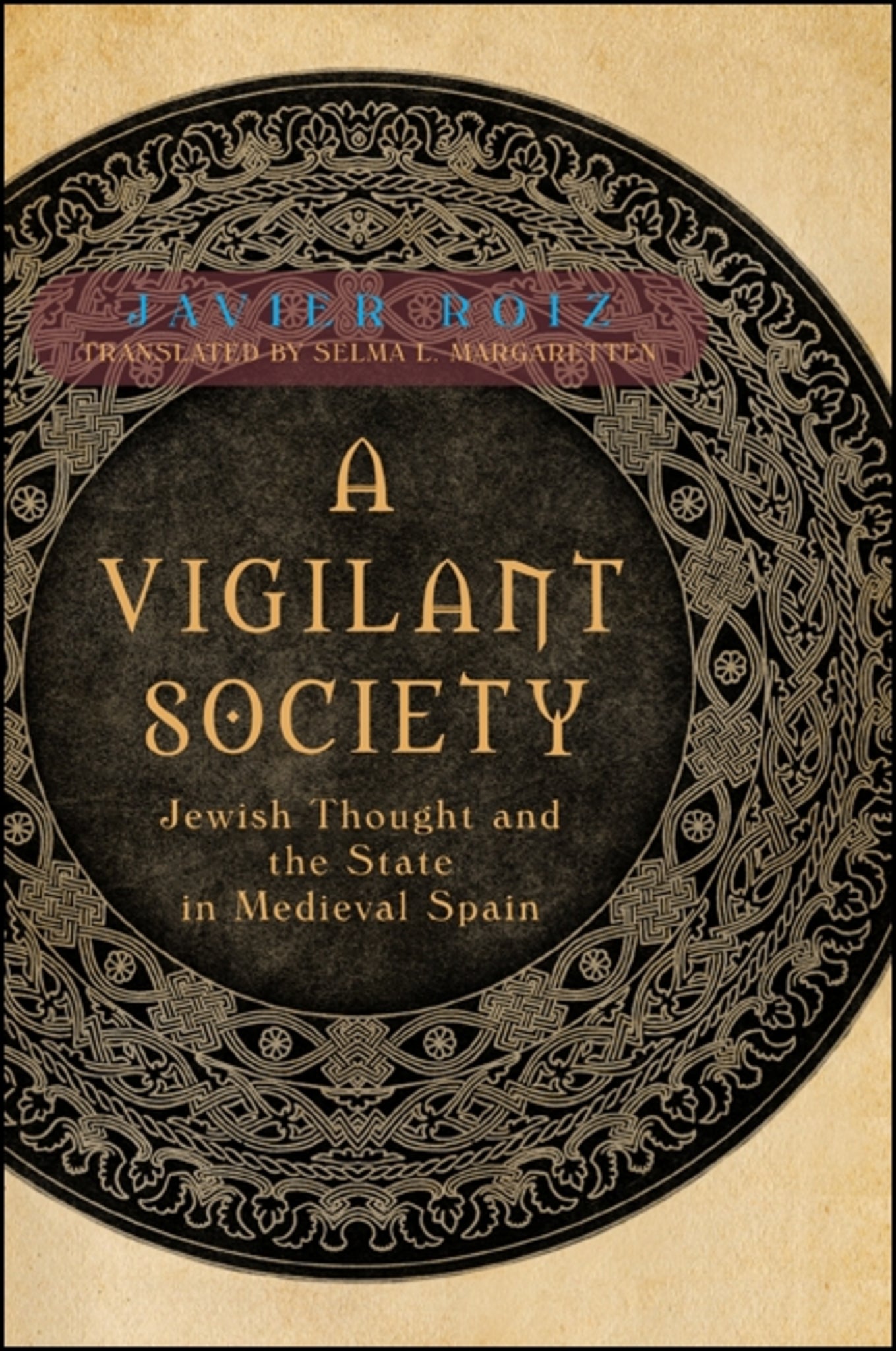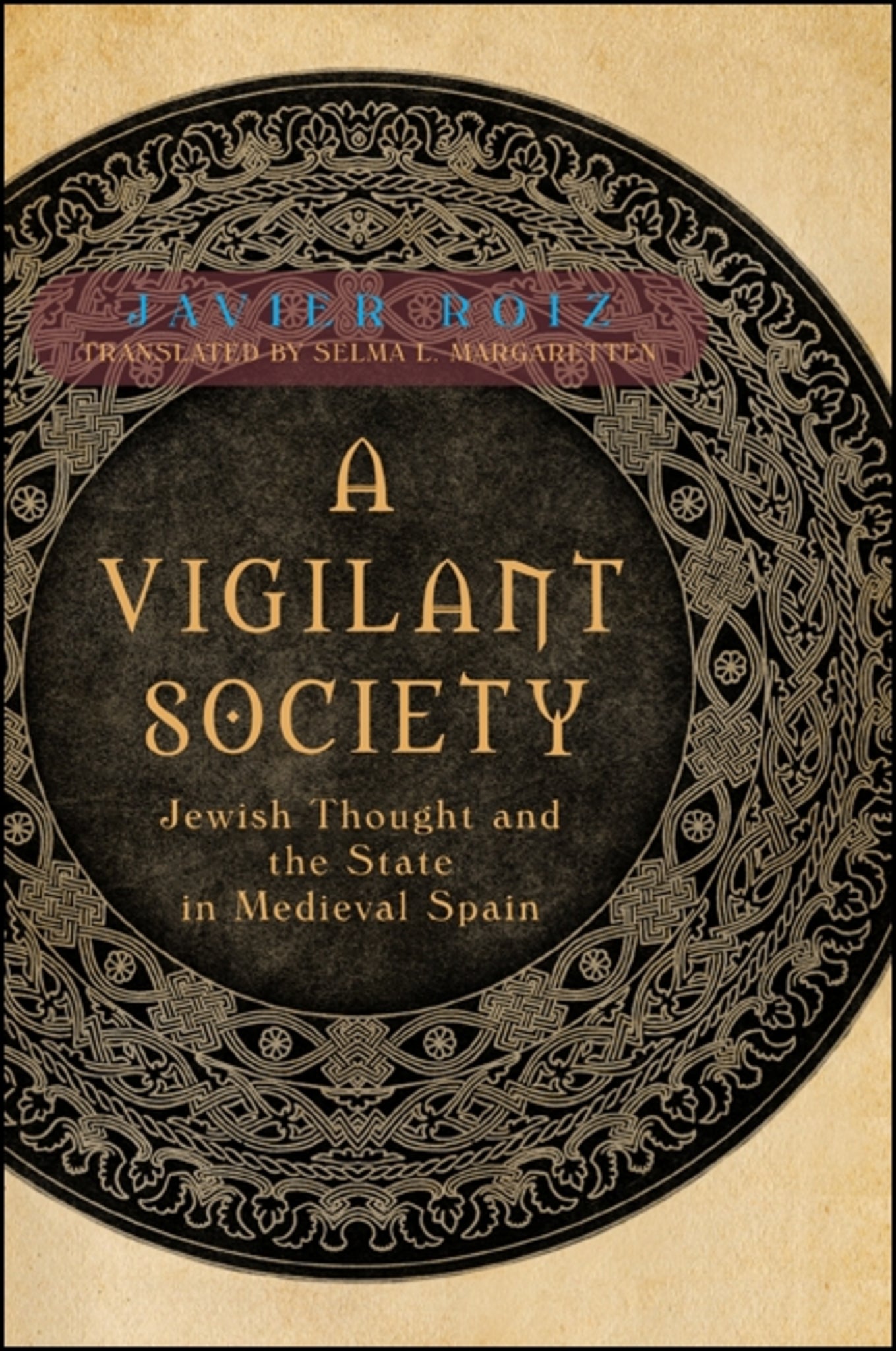We're sorry. An error has occurred
Please cancel or retry.
A Vigilant Society

Some error occured while loading the Quick View. Please close the Quick View and try reloading the page.
Couldn't load pickup availability
- Format:
-
02 January 2014

Uncovers a fundamental change that took place in Western thinking, especially its departure from the Sephardic philosophy found in the Iberian Peninsula during the 13th century.
A Vigilant Society presents a provocative hypothesis that argues that Western society as we know it emerged from the soil of Jewish intellectual advances in the thirteenth century, especially those formulated on the Iberian Peninsula. A paradigmatic shift began to occur, one that abandoned the pre–Gothic Sephardic wisdom found in, for example, the writings of Maimonides in favor of what author Javier Roiz calls the "vigilant society." This model embraces a conception of politics that includes a radical privatization of an individual's interior life and-especially as adopted and adapted in later centuries by Roman Catholic and Calvinist thinkers-is marked by a style of politics that accepts the dominance of power and control as given. Vigilant society laid the foundation for the Western understanding of politics and its institutions and remains pervasive in today's world.


Preface
Acknowledgments
1.Knowledge and Power
2. Moses Maimonides and the Politics of Dialectics
3. The Gothic World Comes to the South
4. Kabbalah and Political Power
5. The Zohar
6. Toward a Vigilant Society
7. Conclusions
Notes
References
Index



